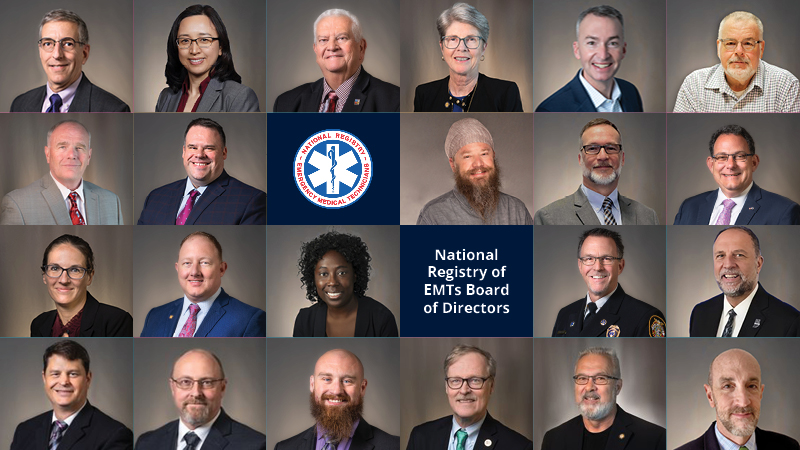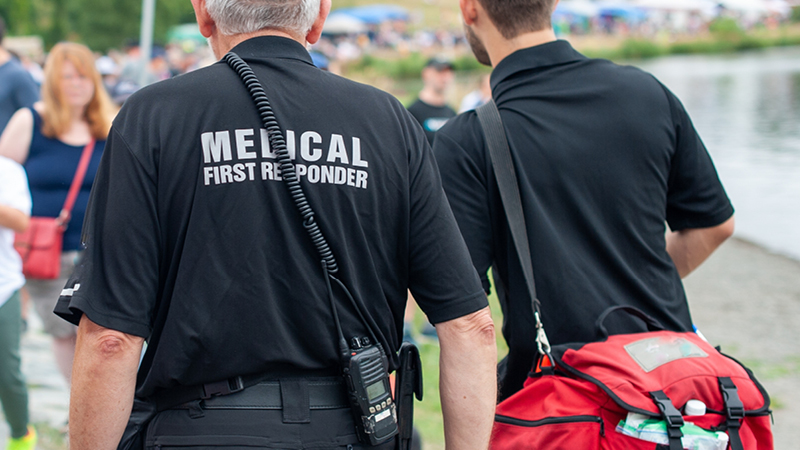History of the National Registry
Explore the National Registry’s historic timeline to discover key milestones and developments in EMS.
Timeline
Professional Accreditation
The National Registry maintains accreditation from the National Commission for Certifying Agencies (NCCA), the credentialing body of the Institute for Credentialing Excellence, for all four (4) certification programs:
-
Emergency Medical Responder (NREMR)
-
Emergency Medical Technician (NREMT)
-
Advanced Emergency Medical Technician (NRAEMT)
-
Paramedic (NRP)
Credentialing:
-
Protects the public
-
Assures consumers of professional standards
-
Advances the profession
- Sets standards for knowledge, skills, and practice
Examination Development
The National Registry prioritizes public safety by researching accurate and fair methods to measure candidate competency. EMS experts dedicate thousands of hours each year to developing, validating, analyzing, and setting standards for examination questions.
The National Registry certifies four (4) EMS levels—EMR, EMT, AEMT, and Paramedic—based on the National EMS Scope of Practice Model. National Subject Matter Experts (SMEs), including State Officials, educators, employers, and physicians, create and pilot test examination questions through a year-long process. The team calibrates each question to ensure entry-level competency while maintaining legal and psychometric standards.
Learn More
Annual Reports
View our annual reports to see highlights, achievements, and financials from the last five (5) years.









